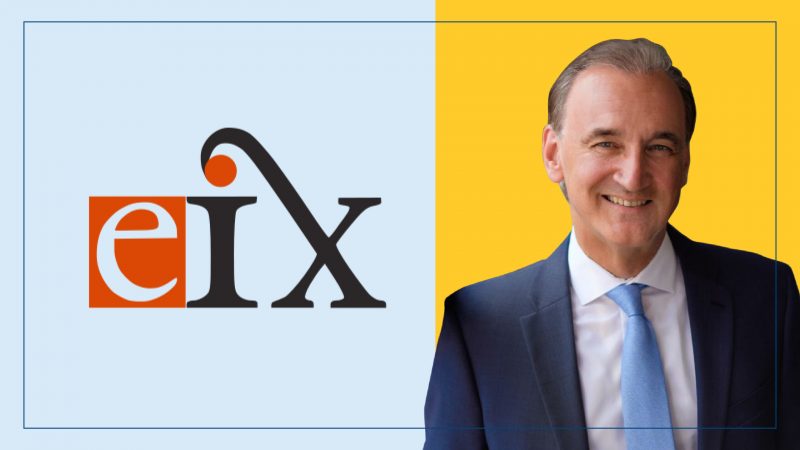We’ve all got a picture in our heads of what an ‘entrepreneur’ looks like: the tech founder in a hoodie, the CEO on a stage. But what if I told you that the most successful people in every single industry—from teachers to project managers to nurses—are all using the same hidden superpower? It’s not about starting a company; it’s about adopting an entrepreneurial mindset.
In today’s fast-changing world, entrepreneurial skills like adaptability, initiative, and creative problem-solving are more important than ever, no matter where you work.
Adaptability Is a Superpower
The modern workplace is constantly evolving. New technologies, shifting consumer expectations, and global trends mean that job roles can change quickly. Employees who think entrepreneurially are more likely to embrace change instead of resisting it. They see challenges as opportunities and are willing to pivot when necessary.
This kind of adaptability isn’t just useful in startups; it’s vital in corporations that are trying to stay competitive, nonprofits responding to shifting funding landscapes, and freelancers navigating an unpredictable gig economy.
Initiative Drives Progress
Entrepreneurs are known for taking initiative; they don’t wait for permission to act.
This same mindset is incredibly valuable in any organization. A corporate employee who identifies a gap in a process and builds a solution adds massive value. A nonprofit staff member who launches a new community program without being told is seen as a leader. A freelancer who anticipates a client’s needs and delivers beyond expectations builds long-term relationships.
In each case, taking initiative helps intrapreneurs stand out, gain trust, and accelerate their careers.
Creative Thinking Solves Big Problems
Intrapreneurial thinkers approach problems differently. Instead of defaulting to “the way things have always been done,” they ask, “What if we tried something new?”
This creative mindset is a powerful tool in every field. For example, in a large company, creative employees help innovate products, improve customer experiences, or streamline operations. In nonprofits, they develop fresh solutions to complex social issues. And freelancers use creativity not just in their craft, but in how they market themselves, structure their services, and grow their businesses.
Entrepreneurial Mindset = Leadership Potential
Even if someone has no desire to start their own business, adopting an entrepreneurial mindset can position them as a leader. Companies value employees who think like owners, who care about outcomes, solve problems proactively, and continuously look for ways to improve.
Our courses and graduate certificates at the Close School provide aspiring leaders with the structure and skills to effectively leverage this mindset. We focus on building resilience, independence, and strategic thinking—qualities essential for anyone who wants to lead a team or drive meaningful change.
It’s All About Mindset
The truth is, an entrepreneurial mindset isn’t about where you work; it’s about how you work. It’s the difference between waiting for instructions and creating your own path. So, no matter what your job title is, challenge yourself to think like a founder: take initiative, solve problems creatively, and adapt to change. This isn’t just good for your company—it’s the single best way to invest in your own career success.
At the Close School, our entrepreneur students are not limited to founding their own startup after graduation. No matter where their career path takes them, they bring entrepreneurial energy that helps them stand out among their peers. Bring with you the mindset of a builder, a problem-solver, and a self-starter. It just might be your greatest career booster.





